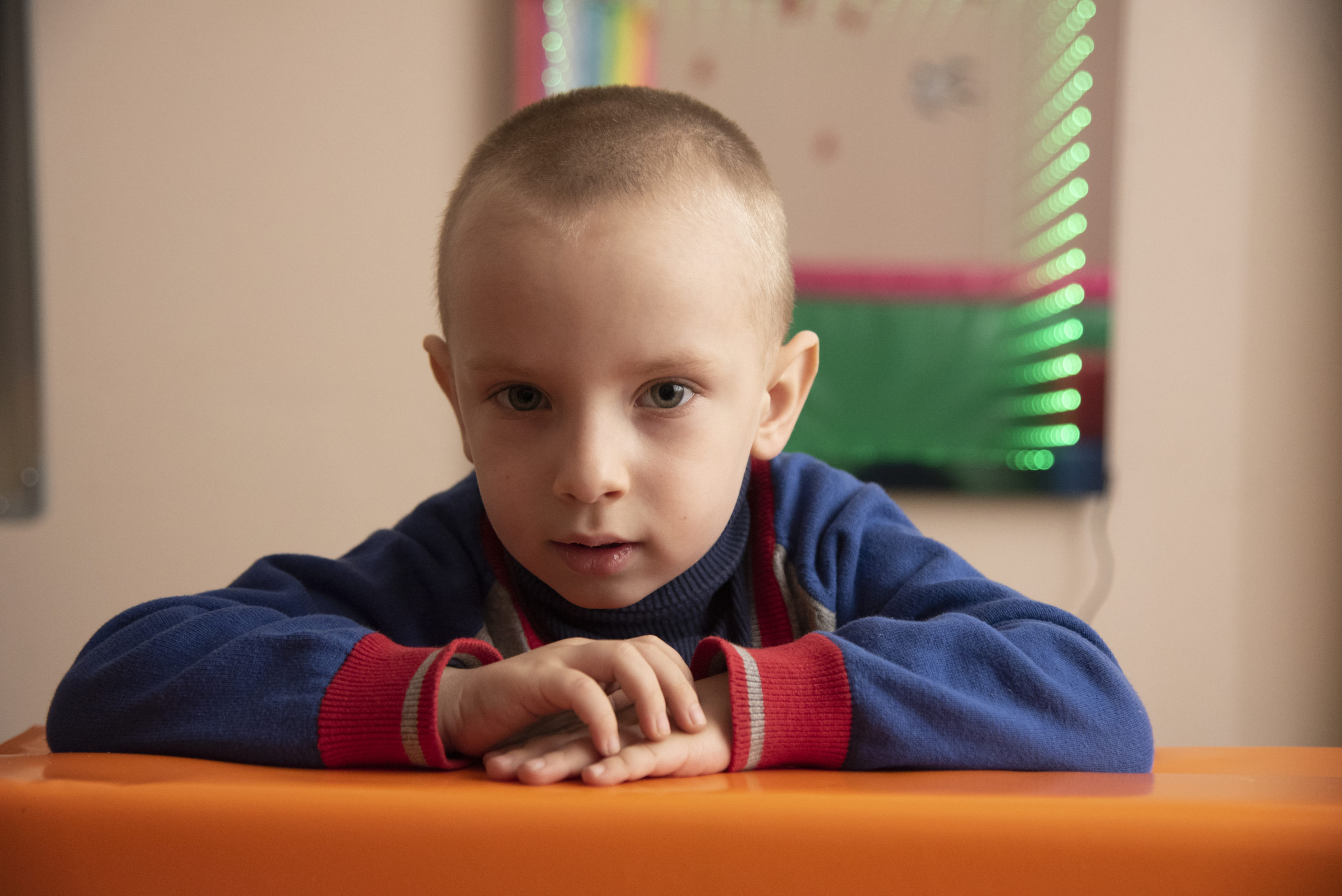Your children, whatever their age, may feel anxious or upset about the latest news from Ukraine. Here are our top tips on how to approach the topic – or indeed any tricky subject.
1.) Don’t play things down
You definitely don’t have to share every gory detail with your children no matter what age they are, but don’t lie to them either. You can explain that it’s a really difficult situation without them needing to know everything. Acknowledge their feelings of concern and worry, and let them know you share those feelings too. If they ask for specifics, such as “will people die?” then be honest: “I really hope not, but it could happen. I find that worrying, how do you feel about it?” Modelling to them that you can tolerate uncertainty and difficult information can help them see that this is a difficult situation, it makes them feel unhappy or worried, but they can tolerate those feelings.
2.) The most valuable phrase ever invented can be: “I don’t know”
You don’t need to have all the answers. Because, let’s face it, you actually don’t, do you? How long this war might last, how many people will be affected – these are not things anyone anywhere could ever possibly know, so don’t make it up or even try to guess. Acknowledge what you don’t know. Recognise the feelings of anxiety, worry, helplessness that such uncertainty might trigger. Ask your child what they would like to do. If they don’t know or don’t have ideas, tell them that you don’t know either but you’re happy to talk more about it if it worries them.
3.) Keep the lines of communication open
This is a situation which, unfortunately, may go on for some time. The news may go from bad to worse. It’s important that your child knows they can come back to you and talk about this again. Don’t shut down the conversation with assurance that it will be over soon – let them know that yes, it is worrying, and it’s hard when there isn’t anything we can usefully do to help. Sit with them in those feelings and remind them that they can talk to you any time about how that makes them, and you, feel.
4.) Don’t add your own editorial commentary
Whatever our opinions about who is right or wrong, remember that if we express our opinions openly in front of our children, they might take what we say as fact. So if we tell them that wars happen because bad people are mean to good people, are we doing justice to the complexity of a war? Even if it’s clear that one person is in the right and one person is in the wrong, would it help your child to know that there is perhaps a great injustice happening, or will that only increase their anxiety at this time? Even our amazing colleague, Serhii Lukashov, national director of SOS Children’s Villages in Ukraine said their focus now was: “for children in Ukraine to grow up without hate” – and if they can do that, so can you.

